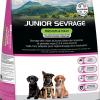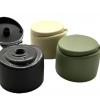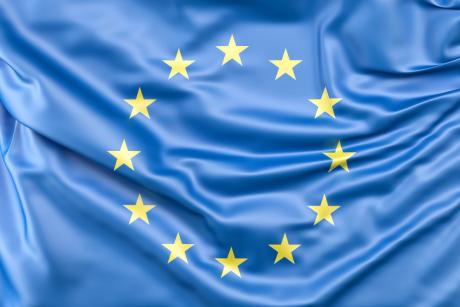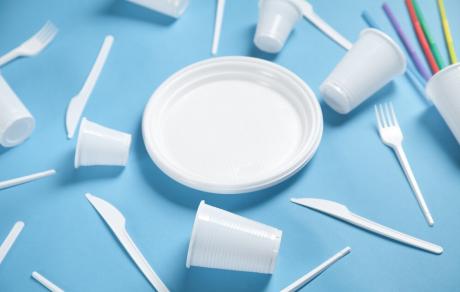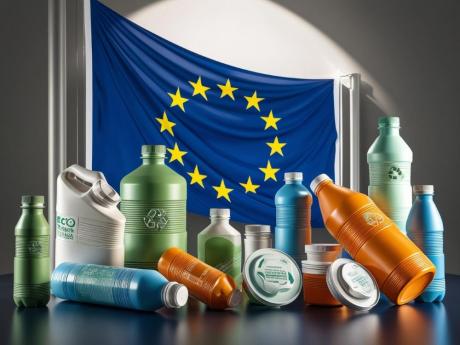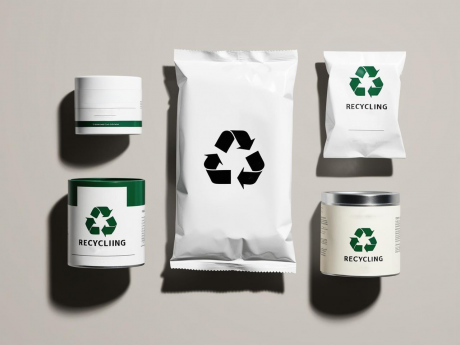Over the last few years, the European Commission has been involved in searching winning solutions to produce sustainable packaging. In this regard, on 15 September it adopted new rules on the safety of recycled plastic materials and articles intended to come into contact with food. The regulation will set clear rules to ensure that recycled plastics can be safely used in food packaging in the EU. The legislation will contribute to increasing the overall sustainability of the food system and to achieving the objectives of the Circular Economy Action Plan.
European Green Deal Executive Vice-President Frans Timmermans said:
To reduce our dependence on primary raw materials and build a totally circular economy, we need to stimulate the recycled plastics market and significantly reduce plastic waste in the food sector and beyond. Plastic is useful for storing food, but its use must be sustainable. The new rules adopted today allow food manufacturers to use more recycled plastic in food packaging. This is an important step towards the safe and sustainable use of recycled plastic in the food sector.
Stella Kyriakides, Commissioner for Health and Food Safety, said:
The EU needs new rules to produce safe recycled plastics that food businesses and consumers can trust. As around 50% of all plastic packaging is used for food in the EU, we need to ensure that this sector can move safely and efficiently to more sustainable production, and to do so it is essential to use more recycled plastic.
The regulation allows recycling processes to be authorised for the manufacture of safe recycled plastic materials for use in food packaging, and it will help the recycling industry establish appropriate ways to recycle plastics which currently cannot be reused as food packaging. The European Food Safety Authority (EFSA) will also have a clearer basis for assessing the suitability of recycling technologies and the safety of recycled plastics in food packaging manufactured from processes using these technologies.
The regulation will allow individual authorisations for more than 200 mechanical recycling processes of PET, which will help the industry achieve the binding target of 25% of recycled plastic in PET beverage bottles by 2025. The new regulation will also establish a public register of recycling processes, recyclers and recycling facilities falling within its scope, thus ensuring a higher level of transparency.


